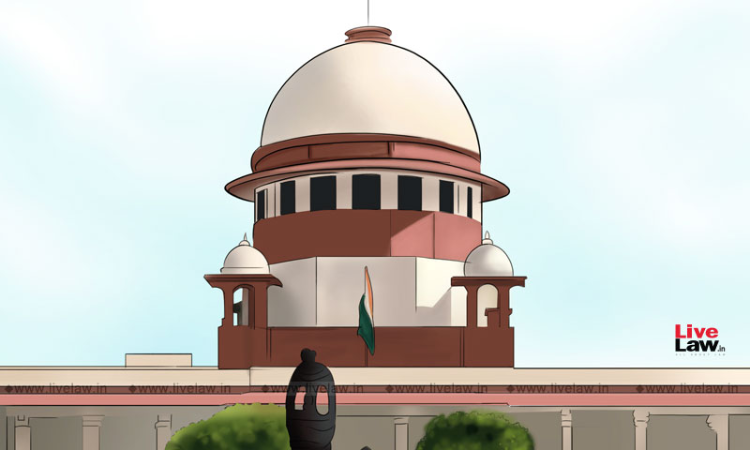The Supreme Court on Thursday dismissed a plea challenging the report submitted by the Internal Committee inquiring into sexual harassment allegations against a Judicial Officer in the state of Madhya PradeshA bench of Justices Indira Banerjee & Surya Kant refused to entertain the plea which challenged the decision taken by the Internal Committee (IC) averring that the report was...

